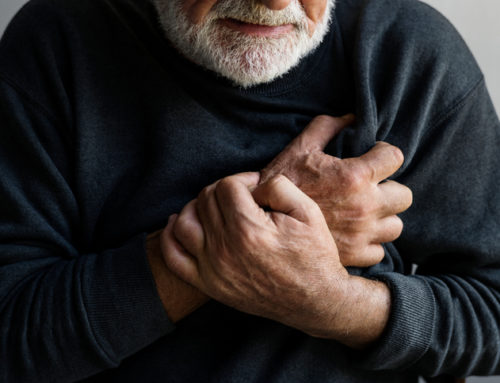For the caregiver whose loved one recently suffered a stroke, you will probably have feelings of shock, worry and helplessness at first. Right after a stroke, it is common for the caregiver to feel fearful and uncertain about their new role. Your loved one may have limited physical function at first and could have even had a personality change. You might be afraid that he will have another stroke as well. But remember that adjusting to a caregiver role takes some time, but you WILL adjust, and things will get better.
To help you adjust to your new responsibilities, the Stroke Association has a helpful guide for caregivers that is full of helpful information. The guide states that the first thing that you should do after your loved one comes home after the stroke is to get plenty of informational support:
- Ask many questions of your health professional. What sort of stroke did your loved one have? What parts of the brain were affected? What was the cause? How can you help to prevent further strokes?
- Learn as much as you can about strokes. For example, learn all about stroke warning signs. You also can call the Stroke Association hotline for more information: 1-888-4-STROKE.
- Find support from others. Try to reach out to friends and family as much as you can. Tell them about what you are going through as a caregiver. Having phone calls, emails and together time with your family can make you feel more supported as a caregiver.
Also, get support from your friends and family. Do not try to do your caregiving all alone. It can be especially frustrating and worrying when you have to suddenly take on the role of caregiver alone right after a stroke. Remember to ask for the help that you need. If you need to have help with doctor’s appointments, meals and grocery shopping, be sure to reach out to people who can help you. It can be helpful to write down what is hardest for you to do on your own. Then, ask loved ones to help you with those tasks.
The Importance of Taking Care of YOU
It can be really easy as you are caring for a stroke patient to forget about your own needs. Remember these tips:
- Eat a balanced diet. Continue to eat good foods, including many fruits and vegetables.
- Get regular exercise.
- Leave time for hobbies – engage in a favorite fun activity once per week.
- Spend time with friends and family.
Books and Resources for Stroke Caregivers
If you are caring for a stroke survivor, you will have questions. Our book 100 Questions and Answers About Stroke will provide you with authoritative and practical answers to common questions about stroke. Another good option is the Family Guide to Long-Term Care DVD Series, which answers some of the most common questions you will encounter as a caregiver.



